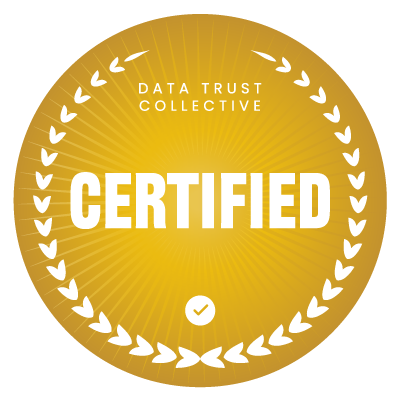Key Benefits
Improved Targeting
Brands can accurately target their perfect audience with validated data which leads to more effective campaigns and higher ROIs.
Better Experience
The right customers are more likely to receive the right messages when you use data that is validated and accurate.
Build Trust
Companies committed to data privacy and security increase trust and confidence in the brand with their customers and stakeholders.
Increase Reach
Validating your audience's information can help ensure advertising is delivered to the correct user, improving overall conversion rates.
Best Practices
Data verification is essential to daily operations, especially for organizations that rely heavily on data-driven decision-making. Some best practices for data verification in day-to-day operations should be followed to enhance your workflow and make your life easier.
Implementing these best practices for data verification in daily operations can help organizations ensure their data’s accuracy, completeness, and consistency, leading to better-informed decision-making and improved business outcomes.
Staying up to date on best practices means your business will operate at a higher left, waste fewer resources and be more efficient all around. It’s time to start creating the best order of operations possible.
Implement data entry standards
Establishing data entry standards helps ensure that all data is entered in a consistent format, making it easier to verify and analyze. Standards should include guidelines for data formatting, capitalization, and spelling.
Define data quality metrics
Define key data quality metrics that align with business goals and objectives. Metrics such as accuracy, completeness, consistency, and timeliness can be used to assess data quality and track improvements over time.
Conduct regular audits
Regularly auditing data helps ensure that it remains accurate, complete, and up-to-date. Audits should include data sampling, testing, and analysis to identify issues and implement corrective actions.
Provide training and support
Provide training and support to all employees who handle data to ensure they understand the importance of data verification and the tools and processes required to maintain data quality.
Implement data governance
Data governance ensures clear policies, standards, and procedures are in place for managing data. It helps ensure that data is accurate, complete, and consistent across the organization and that all data-related activities comply with legal and regulatory requirements.
Our Certification
Validation should be a continuous effort, companies should regularly review and update their measures to adapt to new requirements and ensure the quality of data.


